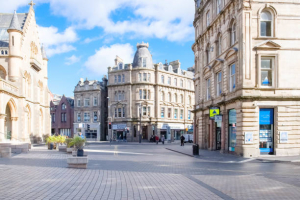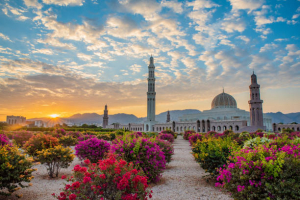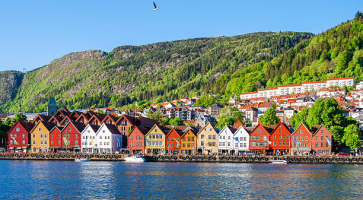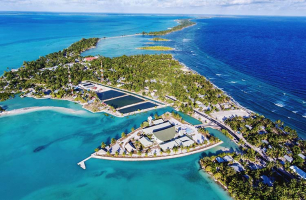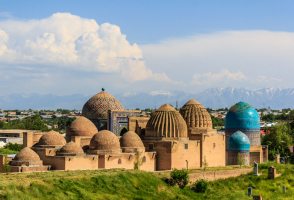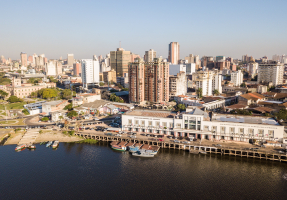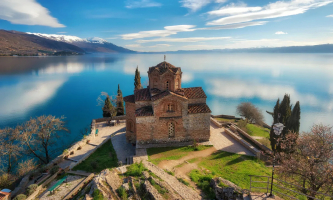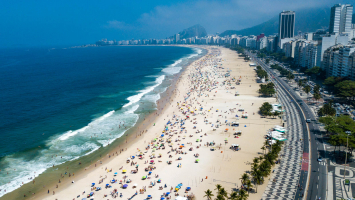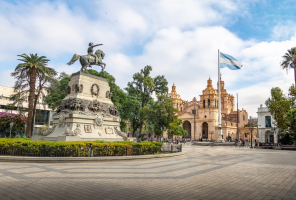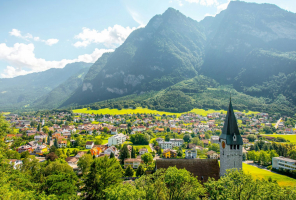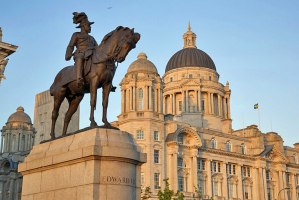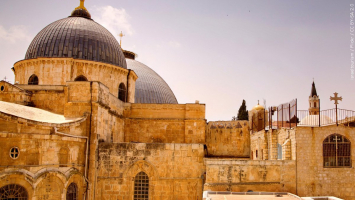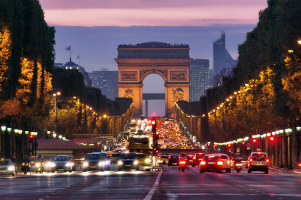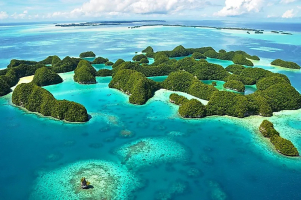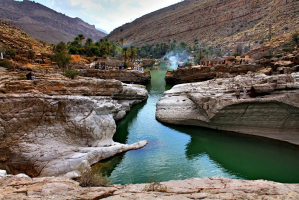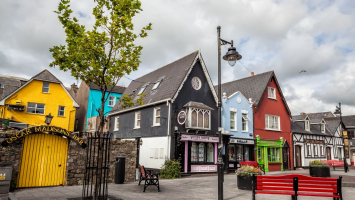Top 11 Reasons to Visit Bolivia
Bolivia is a country unlike any other, celebrated for its colorful history, fascinating customs, diverse wildlife, and jaw-dropping landscapes. The heart of ... read more...South America allows visitors to broaden their horizons, paving the way for unexpected encounters at every turn. While much of Bolivia is not designed for tourism, those who take the road less traveled are rewarded with eye-opening experiences, adventurous activities, and breathtaking photo opportunities, not to mention epic stories to tell back home. Are you still not convinced that Bolivia should be your next vacation destination? Here is a list of reasons to visit Bolivia.
-
The Bolivian people are extremely friendly and will make you feel right at home. Despite the fact that poverty is prevalent here, the locals will greet you with gracious hospitality and will be eager to show you the beauty of their country.
Bolivian friendliness, like that of most other countries, is reciprocal. Despite widespread poverty, there is a palpable energy from locals eager to share their country's beauty. Tourists who show respect, consideration, and genuine interest in Bolivian culture are greeted with warm smiles, friendly banter, and gracious hospitality. As an alternative to a hostel, many Spanish schools and volunteer organizations organize homestays, allowing travelers to participate actively in the local community while also experiencing Bolivia's unique customs, traditions, and cuisines.
Many Bolivians do not speak English, so knowing a little Spanish will come in handy. Take a few lessons or teach yourself a few simple phrases before you go - it will make a big difference! You could also consider studying Spanish in Bolivia. The picturesque historic UNESCO World Heritage city of Sucre, which has many Spanish schools offering very affordable lessons with local instructors, is one of the most popular places for taking lessons.
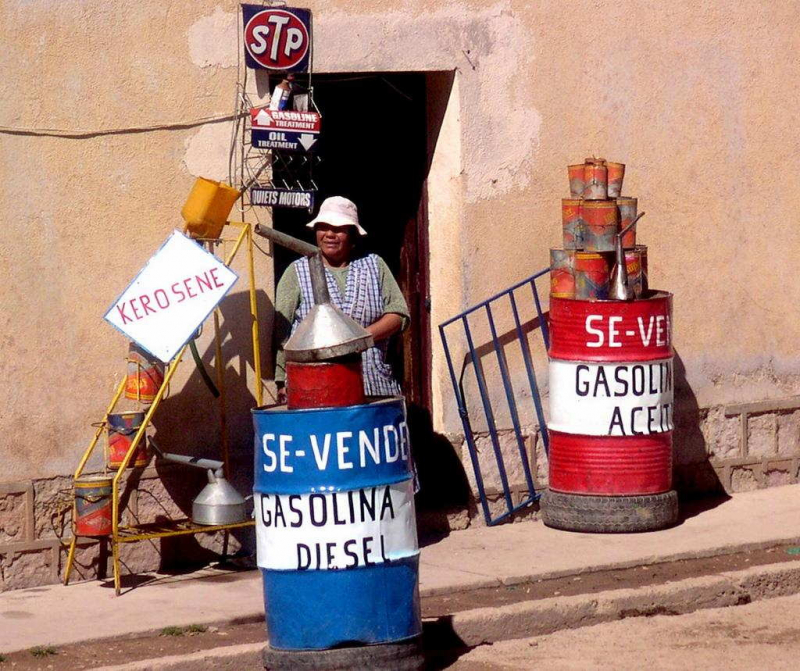
https://dare2go.com/ 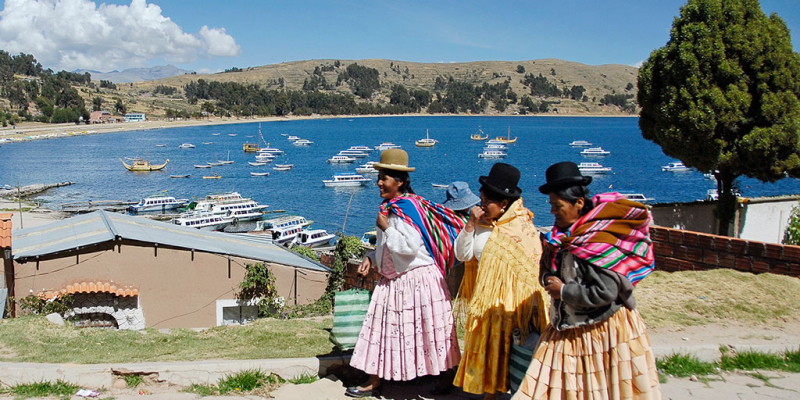
https://www.worldnomads.com/ -
When it comes to reasons to visit Bolivia, can't help but mention Bolivia's food. One of the most sought-after experiences for first-time visitors to a country is the opportunity to sample the local cuisine and delicacies. When it comes to Bolivia, the first step toward appreciating the country's distinct and enticing flavors is to discard any preconceived notions you may have about Bolivian cuisine. Contrary to popular belief (bland, meat-centric, unsanitary), food in Bolivia is not only diverse and satisfying but also an important and distinct part of the culture.
Dishes are primarily influenced by a fusion of Spanish cuisine and ancient Andean traditions, and because Bolivia is divided into many geographical zones, regional favorites frequently differ. Food from the Altiplano, for example, is generally suited to the high, cold climate, so there's a lot of spice, whereas dishes from Bolivia's lowlands and Amazonic region tend to be composed of yucca, fish, vegetables, and fruit because these are the products most abundant in the area.
Discovering Bolivia's dreamy gastronomy is about more than just flavor; it invites you to delve into the country's heritage, history, and beating heart, as well as its many evocative landscapes and lost tribes. La Paz is teeming with chic restaurants that attract world-class international chefs eager to broaden their culinary horizons.
Throughout the rest of the country, the best home-cooked tasting adventures, ripe coffee and chocolate experiences, and exceptionally crafted cocktails and market tours are all waiting to entice you to dive deeper into Bolivia's sensory journey.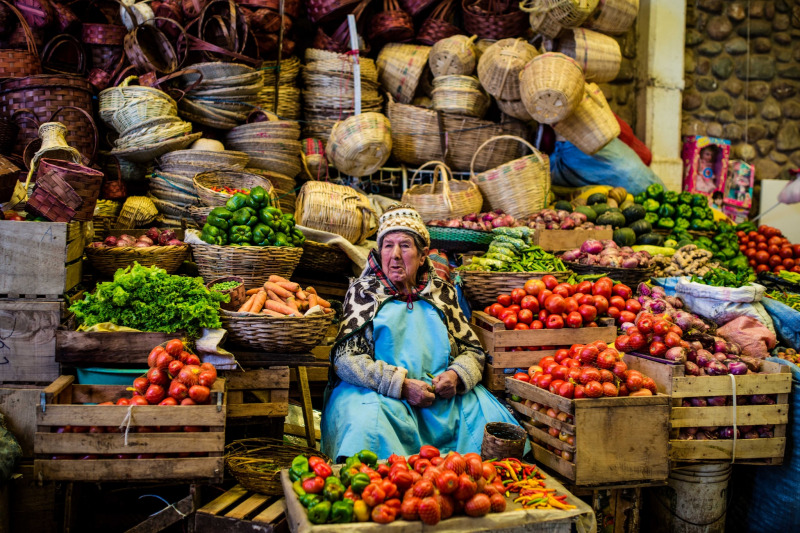
https://theculturetrip.com/ 
https://www.rainforestcruises.com/ -
Among the reasons to visit Bolivia, beautiful wildlife encounters are one of them. Bolivia is one of the most bio-diverse countries on the planet, with thousands of species of birds, animals, fish, reptiles, and amphibians. Bolivia's well-preserved national parks are home to 40% of the world's animal and plant life, making it one of the best places in the world to go wildlife watching. Nature lovers will enjoy seeing exotic creatures thrive in their natural habitat, which is becoming increasingly rare in today's diminishing ecosystems.
While nothing beats seeing an animal in the wild, there are a number of wildlife refuges and conservation parks located throughout the country that provide a safe haven for some of Bolivia's most vulnerable creatures. Travelers have the unique opportunity to volunteer as caregivers, bonding with animals and assisting in their rehabilitation and release back into the wild. From spectacled bears to pink river dolphins, Bolivia is a magical place to experience the planet's awe-inspiring animal kingdom.
https://www.youtube.com/ 
https://www.nytimes.com/ -
History buffs from all over the world will be delighted by the number of historical sites in Bolivia. For over 2000 years, the landlocked country has been constantly occupied, resulting in numerous trials and tribulations. Conquests, wars, revolutions, and protests dominate history textbooks, with numerous churches, museums, landmarks, and ruins attesting to the Plurinational State's ongoing struggle for independence and justice.
Bolivia has traditionally been considered a highland country. Although the Andes Mountains cover only one-third of the country's land area, they are home to the majority of its major cities, and for centuries the highlands have attracted the majority of the country's mining, commercial, and business investment. However, as the eastern lowlands, particularly the department of Santa Cruz, developed rapidly in the late twentieth century, the demographic and economic landscape began to change.The country has a long and illustrious history. It was once the center of the ancient Tiwanaku (Tiahuanaco) empire, and it was a part of the Inca empire from the 15th to the early 16th centuries. Bolivia was subsumed within the Viceroyalty of Peru after the arrival of the conquistadores, and it provided Spain with enormous wealth in silver.
https://www.youtube.com/ https://www.youtube.com/ -
Many indigenous Bolivians continue to follow ancient Andean customs, dress traditionally, and use natural remedies to treat illnesses. The country's ability to combine a modern lifestyle with traditional values, on the other hand, leaves a lasting impression. With over 36 indigenous cultures, each with their own customs and languages, travelers have the opportunity to immerse themselves in a rich culture and learn about a way of life that differs from their own.
Bolivian culture is extremely diverse due to the diverse origins of the Bolivian people. Bolivian society includes people of Spanish ancestry, descendants of colonizers, indigenous Andean groups, and mestizos, people who are a mix of the two.Parts of Bolivia were incorporated into Inca territory just before the Spanish invasion, which means that some indigenous groups, such as the Quechua and Aymara, are descendants of the Incas. In the 16th century, the Spanish colonized the area, suppressing many indigenous traditions while introducing new ones. Religious art, for example, was brought by the Spanish and later developed by indigenous artists to create distinct new styles. Indigenous traditions began to resurface in the twentieth century, and indigenous languages were recognized as distinct languages.
Bolivia is said to be a country yet to be discovered; as the fifth largest country in South America, it has a diverse range of areas and cultures, many of which are unknown. More Bolivia facts and information on all aspects of the country's culture, from food to literature, art to history, can be found in this section.
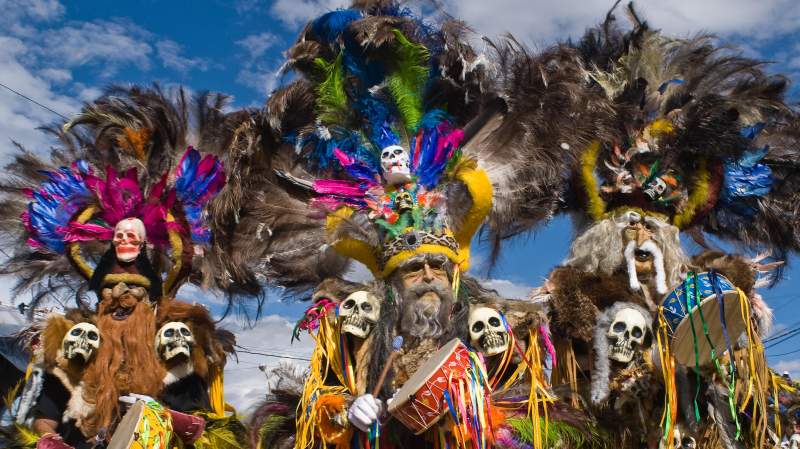
https://theculturetrip.com/ 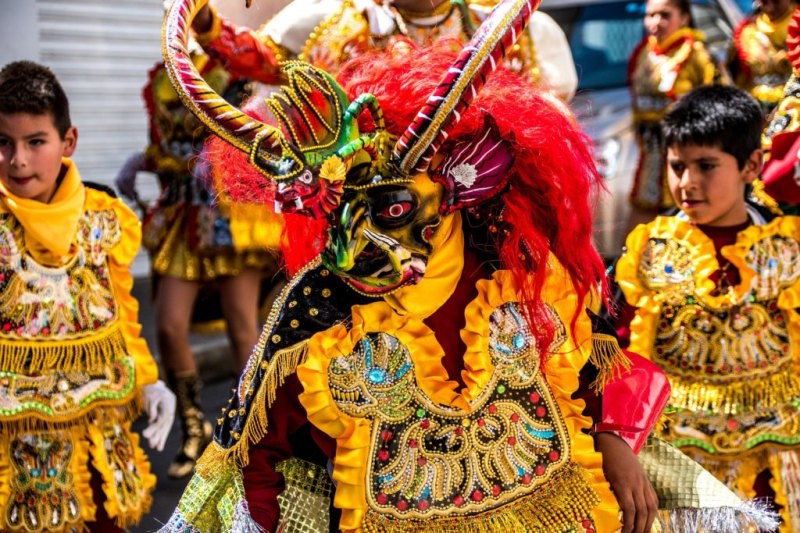
https://www.visitbolivia.net/ -
It goes without saying that Bolivians enjoy a good party. Bolivia's festivals are unique, colorful, and voracious, ranging from the spiritual and traditional to the more wild and westernized; a fantastic experience for any fun-loving traveler. What's great about Bolivia is that there's always something to celebrate no matter what time of year it is.
Bolivia is a breathtaking South American country with many unique sites and tourist attractions. The country is best known for its extensive Incan and pre-Incan history. It's a traveler's favorite because of the stunning mountain ranges (Andes), adorable guanaco llamas, colorful traditional clothing, the world's highest salt flats, and much more. Furthermore, the country has set numerous records in other areas. With an elevation of over 11,000 feet, it is the world's highest city (La Paz).
Bolivia also has a plethora of parades (Entradas) and a plethora of unique and wild festivals due to its unique inhabitants and partygoers. Bolivian festivals attract thousands of visitors each year and are well worth exploring. From traditional and spiritual holidays to westernized and outright bizarre holidays, any traveler can have a fun and otherworldly experience in Bolivia! This is one of reasons to visit Bolivia.
https://www.youtube.com/ https://www.youtube.com/ -
Bolivia is full of pleasant surprises that were unexpected! This country's natural diversity is astounding, ranging from highland deserts and snow-capped mountains to wast lowlands covered in tropical forest. There are numerous landmarks to be found here. Many of Bolivia's natural wonders remain undiscovered. The transcendent landscapes of Bolivia make it nearly impossible to take a bad photograph. Bolivia's scenery is breathtaking at every turn, from dense jungles and high-altitude cities to dusty red mountains and gleaming lakeside villages. Bolivia is home to the highest navigable body of water in the world as well as the world's largest salt flat.
Bolivia's geography is as diverse as its culture, though the country does not have a single beach. It does, however, have an extraordinary variety of landscapes ranging from the Andes highlands to the Amazon Basin.
Surprisingly, national parks and natural reserves have protected 17% of Bolivia's land. This is a country with over 1,400 bird species and nearly 300 mammals. One of its national parks has over 4,000 plant species and has been designated a UNESCO World Heritage Site. Bolivia's spectacular geography includes the "Lost Garden of the Incas," dinosaurs, salt flats, flamingos, archaeological sites, geysers, llamas, and many other attractions.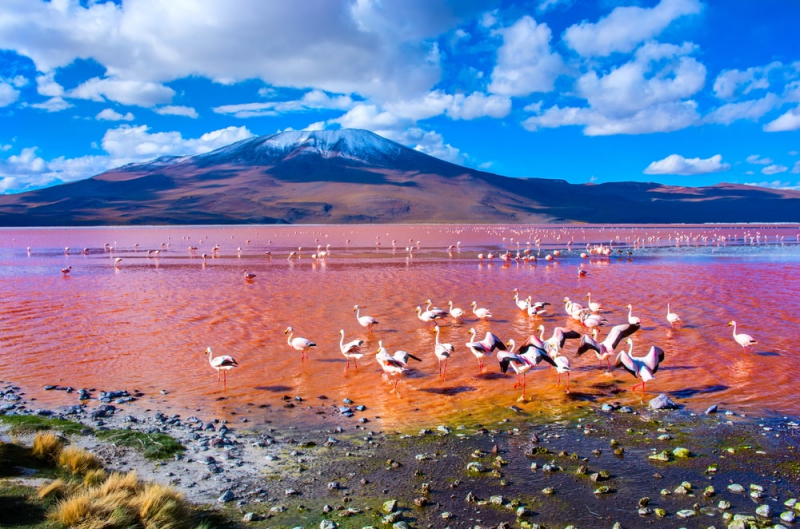
https://theculturetrip.com/ 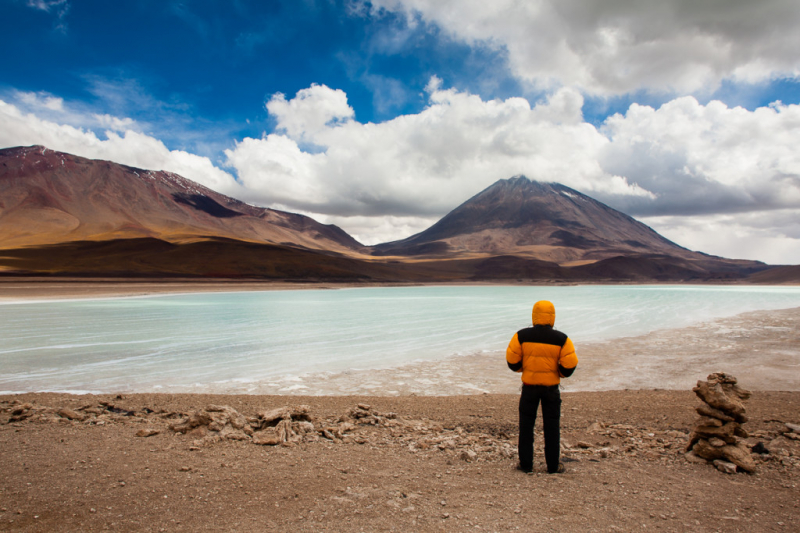
https://explorebolivia.com/ -
Bolivia is consistently ranked as one of the best value destinations in the Americas. Because of the country's famously diverse terrain, you can visit Amazonian rainforests, ancient Tiwanaku ruins, and some of the world's highest peaks on a shoestring budget.
With lower living costs than in Argentina, Brazil, and Chile, you can travel longer, eat more heartily, and sleep for less money in Bolivia than in nearly every other South American country. Street food is incredibly cheap, hostels and guesthouses are among the most affordable on the continent, and if you primarily travel by bus, you can explore far and wide without breaking the bank. Traveling through Bolivia does not require backpackers to be frugal. For the price of a beer and a burger back home, you can eat well, sleep comfortably, buy souvenirs, and participate in many of the activities/tours available without breaking the bank.
Of course, international flights to Bolivia aren't cheap, and the cost of tours and entry fees can quickly add up. You'll also want to come prepared with the right gear for treks and national park visits to avoid having to hire or buy equipment locally.
Tip: Expect to spend around $40 a day, or even less if you dine on delicious street food, use the local transport and shop at the many artisan markets.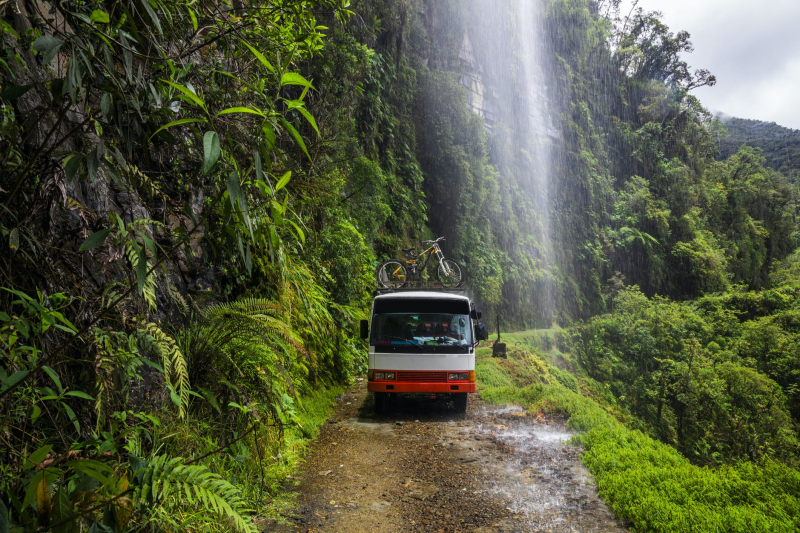
https://www.lonelyplanet.com/ 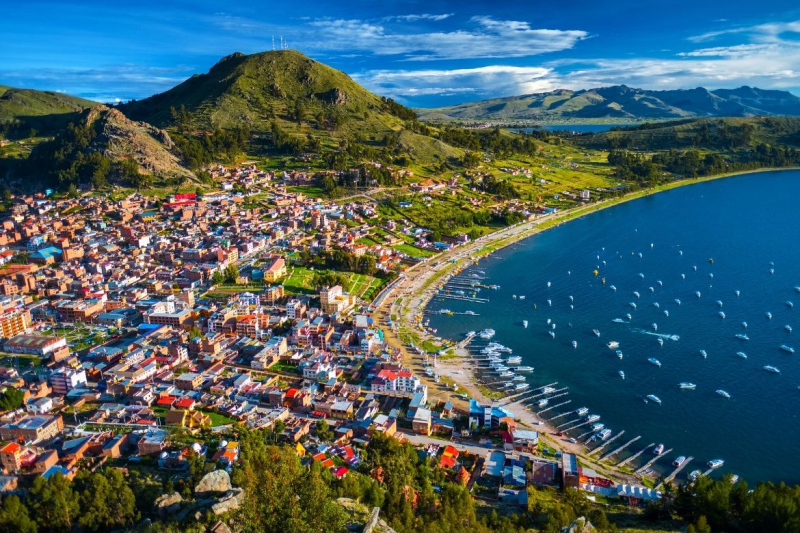
https://www.globeguide.ca/ -
Bolivia's weather varies greatly depending on altitude and topography, with temperate valleys, semi-arid highlands, humid jungles, and balmy lakeside villages. Due to the country's high elevation, temperatures range from hot and humid during the day to freezing cold at night. The sun's rays are fierce in the highlands, and the rain can be relentless in the lower regions. While Bolivia is a beautiful place to visit at any time of year, there are advantages and disadvantages to visiting during different seasons. Knowing ahead of time what sights you want to see, tours you want to take, and the mode of transportation you intend to use will help you determine the best time to visit Bolivia.
While Bolivia is beautiful at any time of year, there are a few weather considerations to make before planning a trip. Off Season (November-April) The rainy season in Bolivia's lowlands, which lasts from November to April, can be disastrous, with torrential downpours making road travel difficult, if not impossible. Most tourist roads are not adversely affected in general, but closures do occur. Climbing and hiking can be hazardous because of inaccessible trails, landslides, and river swells. The shoulder season is a great time to visit Bolivia, as the weather is pleasant with limited amounts of rain.
Tip: For those wanting to experience the “largest mirror on earth”, visiting Salar de Uyuni between March and April will increase your chances of seeing the natural phenomena.
https://www.audleytravel.com/ 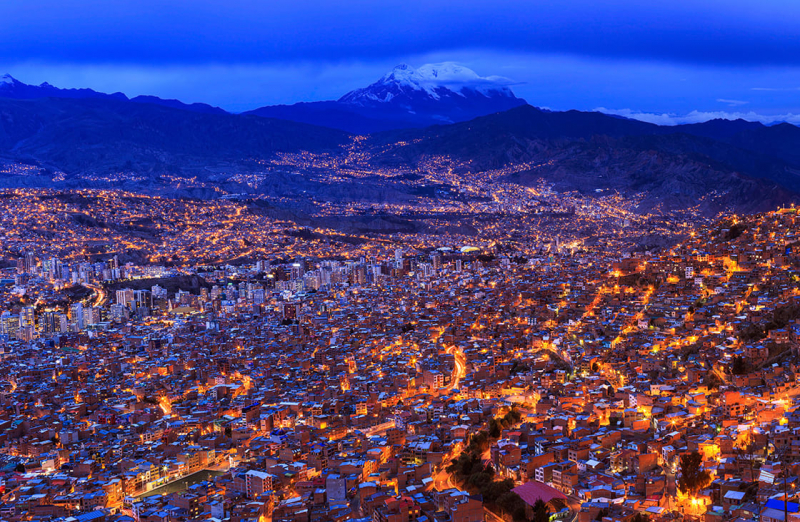
https://www.rainforestcruises.com/ -
Bolivia may not be the first place that comes to mind when thinking of adventure travel destinations. However, this small South American country has a wide range of climates. From tropical in the Amazon basin to cold and ice-capped in the Andes—not to mention the barren and volcanic west, home to the Aticama, the world's driest desert.
Because of these varying climates, there are major geographical extremes and a plethora of incredible natural landscapes to explore. Bolivia has an abundance of outdoor activities for thrill seekers. Traveling in Bolivia has its challenges, but it absolutely rewards the adventurous traveller for venturing outside of their comfort zone. Bolivia has more once-in-a-lifetime adventures than you can imagine, whether it's swimming with wildlife in the jungle or extreme mountain biking.Bolivia is home to a variety of exciting and adrenaline-pumping activities that will keep adventure seekers occupied for weeks on end. Cycling the world's most dangerous road, trekking Isla del Sol on Lake Titicaca, spotting jaguars in Kaa Iya National Park, climbing Huayna Potosi, swinging at the world's highest golf course, touring the Potosi silver mines, and exploring the Bolivian Amazon are all popular outdoor adventures. It is definitely one of the reasons to visit Bolivia.
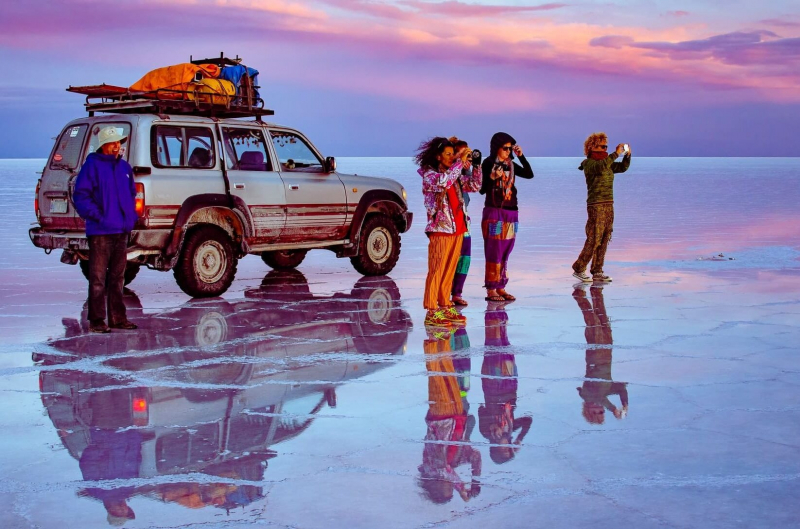
https://travellingtam.com/ https://www.youtube.com/ -
Most people have never heard of the Bolivian city of Sucre, which is a shame. Sucre is technically the capital of Bolivia, though the city of La Paz wields significant political power as well. Sucre has been a hugely influential city for over 10,000 years, when it was inhabited by indigenous people, then by the Incas in the 15th century, and finally by the Spanish, who colonized it shortly after. Sucre is also known as the "White City" because of the white colonial buildings built by the Spanish.
There are many wonderful sights to see in this city, including the Plaza de Mayo, the city's main square. It is not only the city's main meeting place, but it also houses famous buildings such as the Cathedral and Casa de La Libertad. Visit the 16th-century cathedral and admire the beautiful artwork, as well as the Casa de La Libertad, where Bolivia gained independence from Spain.
When you go to the plaza, you'll see all kinds of people and vendors, and if you're lucky, you might even catch a little theatrical performance! Don't pass up the food vendors in the plaza because they sell some delectable treats.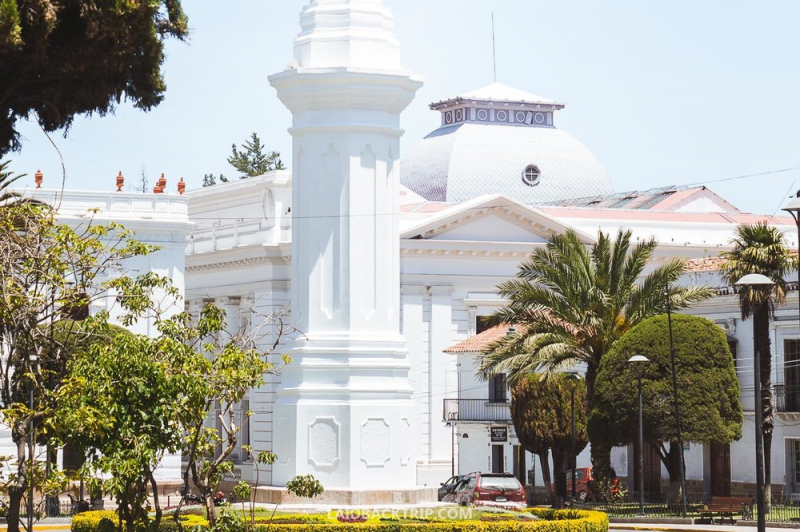
https://www.laidbacktrip.com/ 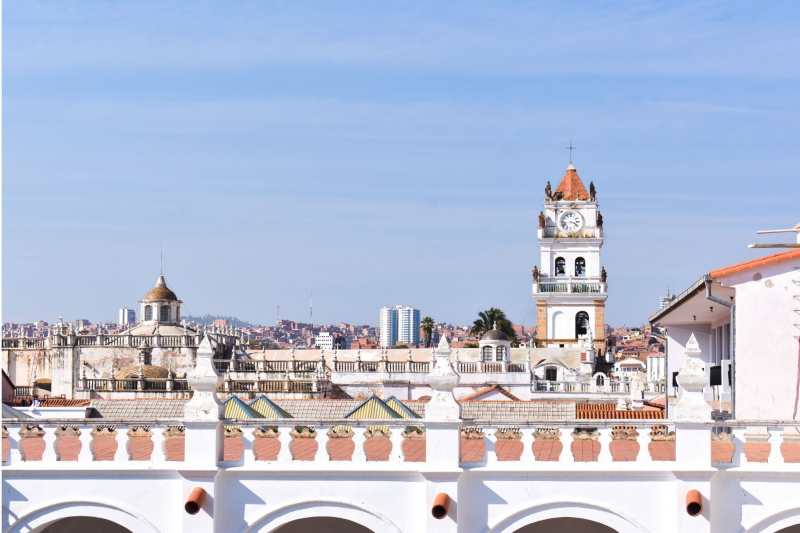
https://www.oopsibookedagain.com/














